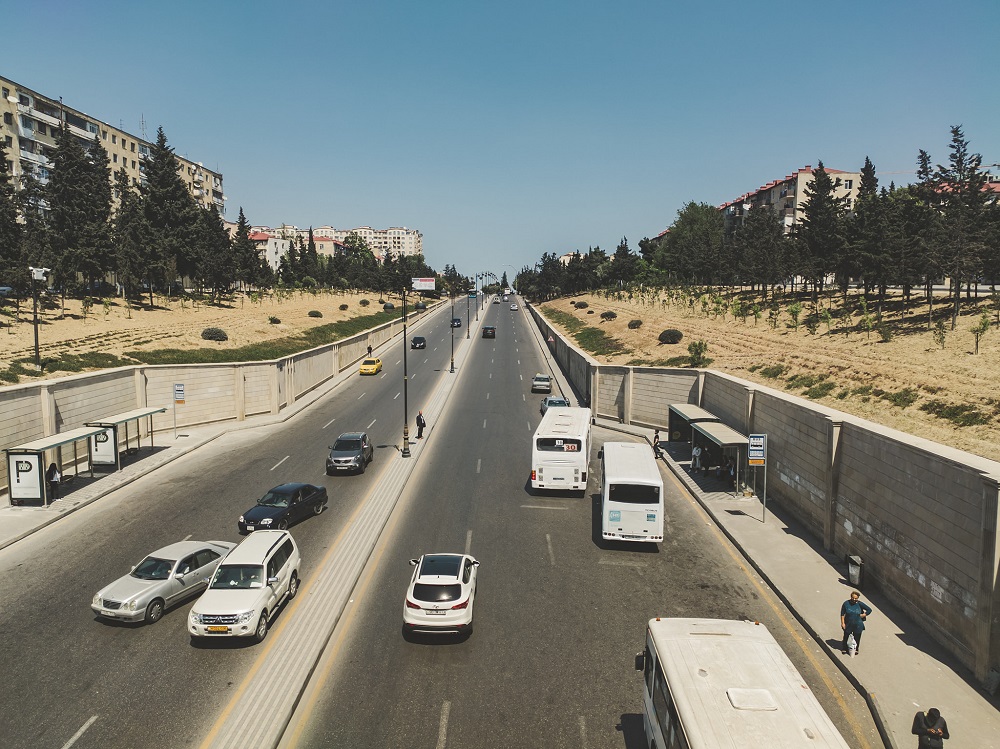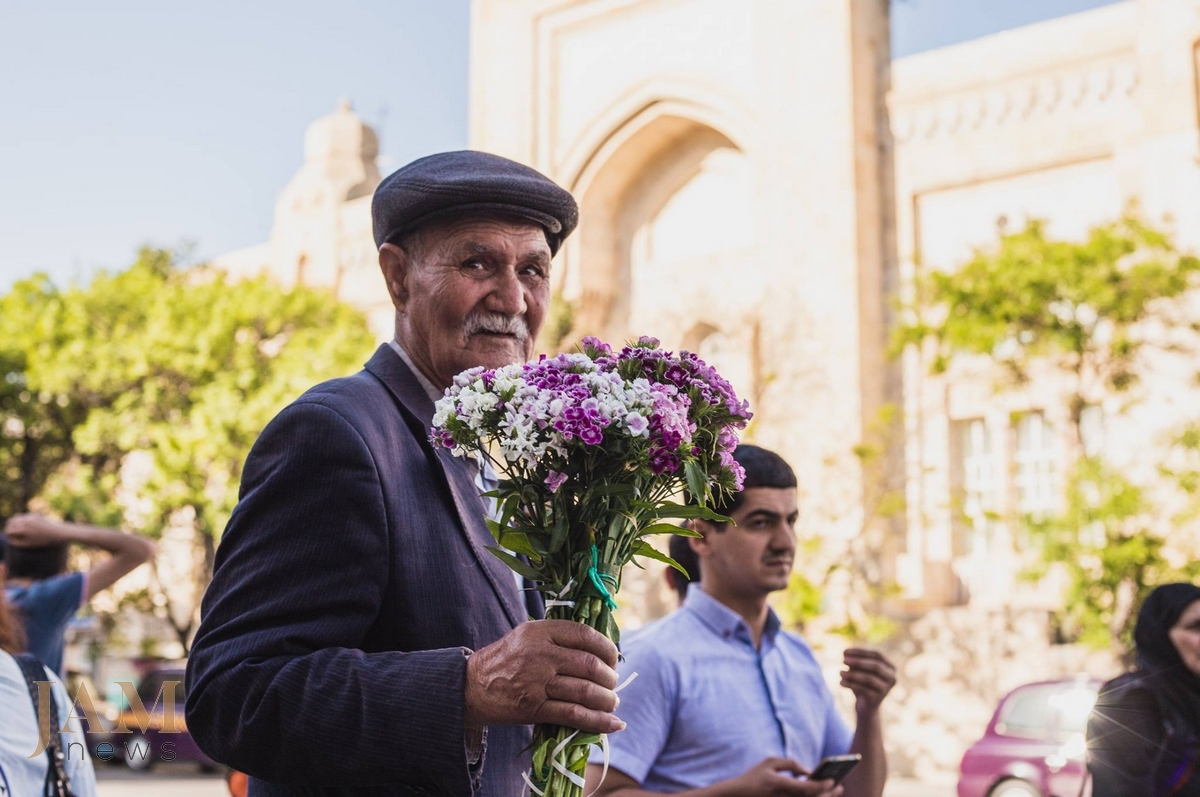Domestic policy
Op-ed: What are the implications of CSTO for Azerbaijan?


What will Azerbaijan’s potential CSTO membership mean for the country?
According to information disseminated by Russian sources, Azerbaijan can be admitted to the Collective Security Treaty Organization as an observer. What will this status and full membership in the organization mean for the country in the future and what are the positive and negative aspects of this?
- Op-ed: Honeymoon month in Azeri-Russian relations
- Karabakh and East Zangezur economic regions are created in Azerbaijan
What happened?
At a meeting of the Council of the Parliamentary Assembly of the CSTO member states in Dushanbe, a decision was made to establish the institution of the bloc’s partner countries. This was reported by the press service of the State Duma of the Russian Federation. According to the information, the proposal was voiced at the meeting by the speaker of the lower house of the Russian parliament Vyacheslav Volodin.
According to Volodin, the partner countries will not have a decisive vote in the structures of the organization but will take part in the preparation of documents and the development of collective decisions. He believes that this approach will “strengthen the mutual relations of the member states of the organization with countries that share its principles”.
Volodin also noted that several countries are interested in cooperation with the CSTO and, according to the head of the State Duma Committee on Eurasian Integration Leonid Kalashnikov, Azerbaijan and Pakistan are more interested in this format than others.
Op-ed: Honeymoon month in Azerbaijani-Russian relations
What’s behind all the talk about Azerbaijan joining the pro-Russian security alliance?

Kalashnikov noted that “although it is not customary to talk about it”, the countries indicated have long expressed their desire to obtain observer status with the CSTO.
Expert commentary
According to Azerbaijani political scientist Shahin Jafarli, what is happening right is anything but surprising:
“As we have already noted, immediately after the signing of the trilateral statement on November 9, Russia raised the issue of the inclusion of Azerbaijan in the Eurasian Economic Union and the CSTO. This document and as its continuation – the agreement signed on January 11, 2021, to some extent became a roadmap for Azerbaijan’s joining Eurasian integration projects.
Of course, at this stage, full membership is impossible, because not all problems have been resolved in Armenia yet, and for this reason, intermediate statuses like “observer” and “partner” have appeared on the agenda. Only after the communications are opened, transport links are restored (including the road through Zangezur), the issues regarding the borders and the establishment of diplomatic relations between the two countries are resolved, there will be no barriers to participation in one military bloc and a single economic space with Armenia”, said the expert.
Jafarli noted that all this is an integral part of the initiative of a large Eurasian partnership, which was put forward by Russian President Vladimir Putin in 2016:
“This is the fundamental reason that Russia did not prevent Azerbaijan from liberating its territories last year. Moscow realized that freezing the conflict, leaving the region in the form of a “gray territory” closed for integration, is beginning to harm its interests and began to think on a large scale, moving from the role of “violator” creating and freezing conflicts to the role of “creator”.
At present, a start has been given to the formation of a broad integration model of the Eurasian Economic Union, going beyond the space of the former Soviet Union. Participation in the project is also implied by such countries as Iran, Pakistan, China and India. Moscow hopes that Turkey will also join these integration processes. This is the reason for the partial involvement of Ankara in the solution of the Karabakh issue”.
What are the possible implications of Azerbaijan’s CSTO membership?
“The positive side of this process is that Russia allowed the return of most of the occupied territories. Khankendi and the settlements around it remained as a pledge so that Russia would use it if suddenly one of the parties goes beyond the permitted limits. It is possible that the latest violations of the ceasefire regime are political in nature and serve the purpose of warning or a reminder for Baku.
I consider the return of Azerbaijan to the orbit of Moscow as a negative side of the process. (A negative assessment of this fact is my subjective opinion since in our country there are those who support deep integration with Russia). As a result, creating a democratic system based on rights and freedoms in Azerbaijan may turn into an even more difficult task”, the political scientist summed up.
